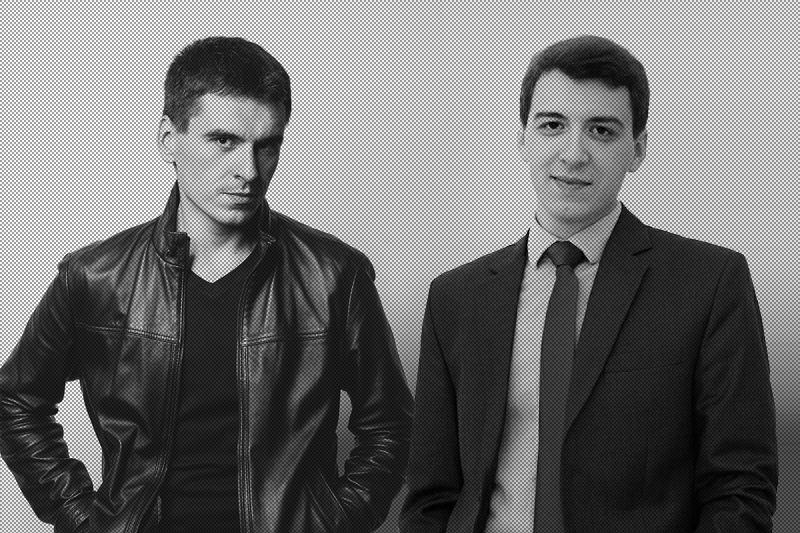
The theme music that complements the opening credits and the key moments in the TV series “In Treatment” has been custom made by the talented composers Adi and Dino Imeri, some of the most sought-after avant-garde musicians in Macedonia.
“Compassion” and “truth” are the words they use to describe the music that complements the “silence that hides many secrets”, enhances the plot of the series and adds a tune to the life stories of the characters and the challenges they are facing.
We talked with them about the way to the creation of the compositions, the greatest challenges they had faced during the production, the psychological benefits of listening to music, as well as the things they had discovered about themselves by working on a project of this type. We have learnt many interesting things.
What was the greatest challenge in producing the music for the TV series “In Treatment”?
Adi: Due to my overly sensitive nature, my greatest challenge was to walk in the characters’ shoes, all of them masterfully written and performed by the crew of Captain Vardan Tozija, a great hope of the Macedonian cinematography who has become a good friend in the course of this cooperation. It was a challenge to find their sound – one that would get the truth out of them, occasionally present them in an unfavourable light, and support their stories throughout with compassion, consistency and magic.
Dino: It was challenging to make music that would be of the highest possible quality, on par with the acting, the story and the overall realization of the series. We worked with great enthusiasm, love, patience and experimentation. I am very pleased that we had an opportunity to work with Vardan Tozija, a director who is very fond of music and sensitive, and we had wonderful time cooperating and exchanging ideas with him.
How does the process of making music especially for the purposes of the TV series differ from the process of making music for the wider audience?
Adi: When we are making music we try to view it as process of decoding and organizing sound in time and space. This is the approach we take both in our individual projects as authors and in this first public cooperation, so, it really makes no difference. We are storytellers, and the results are most magical when you approach the story with respect for its needs and in the service of the narration.
Dino: There is no difference. The music may be honest and pure, or fake and debased. When you put your heart and soul in the music you are making, you do not think about who might be listening to it.
To which extent have the characters inspired the music? Who left the best impression on you?
Adi: Looking at the characters’ stories, both individually and in their mutual relations as part of the greater picture, at first as an outsider and then as their ally, fighting along their side spearheading the drive, I have managed to find qualities and personal traits in each one that I can relate to in different periods of my life. We are all in the same mess.
Dino: The characters are so well written that they carried on their own the music’s action and its direction and growth during the work process. I have been most impressed by D-r Victor Terziev, who, despite being in a situation where his life is falling apart, manages to face his problems and retain his dignity and high moral values.
How would you describe the music for the TV series “In Treatment”?
Adi: Compassion and truth.
Dino: Music is born by the silence that hides many secrets. The music always appears when the truth reaches the surface.
Do you think that music has any psychological benefits?
Adi: Music is a rare and precious form of a magic rite that has a potential to do a lot of harm when in the wrong hands, but when it is approached with respect and humility, it is able to change the nature of our reality.
Dino: Most certainly. Human psyche is a mystery, and music has an incredible power to stimulate or reproduce our most pure and intimate emotions and memories.
What have you learnt about yourself by producing the music for a show that explores life’s challenges seen through the prism of psychotherapy? And, and Dr. Terziev would put it, would you like to talk about it?
Adi: I have learnt that my endeavours to be as transparent and sincere human being as possible have not been in vain. Being a part of the solution, rather than a part of the problem, is something that contributes not only to my wellbeing as an individual, but it also improves the quality of the human condition in general.
Dino: I have learnt that sometimes it takes less to tell more.

